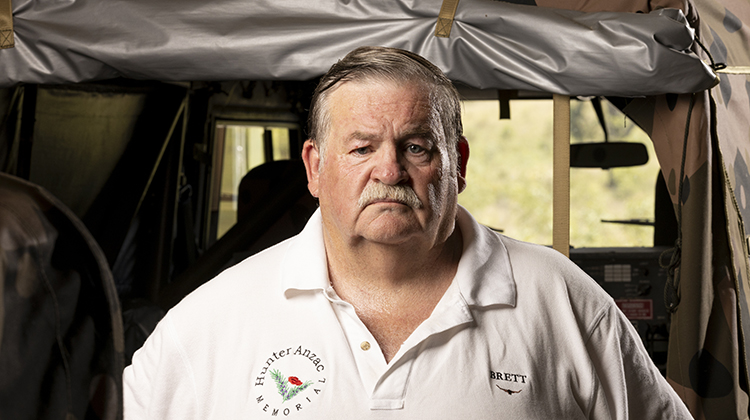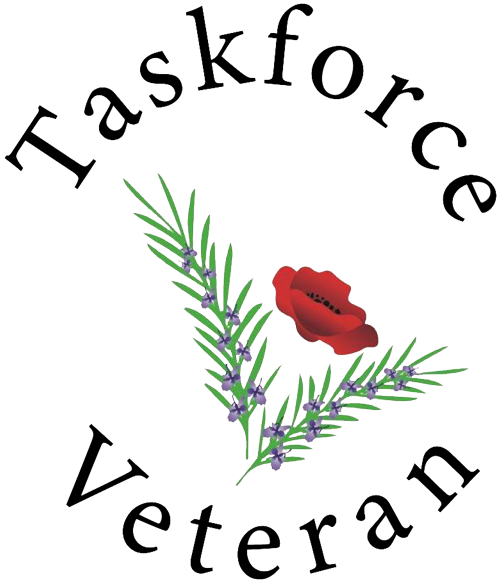
In classrooms across Australia, lessons about war have a long way to go in teaching a comprehensive understanding of our nation’s military history and its relevance to contemporary society. In particular, the link between war and science, technology, engineering and mathematics (STEM) subjects is an underexplored area with much to teach students about the world around them.
By looking back at the past, students can build a better insight into current and future political and socio-economic events. Parallels in Palestine and modern-day Jordan and Syria can serve as a poignant starting point for historical discussions. These regions, marked by ongoing conflicts, offer a relevant context into the enduring impact of warfare and the complexities of military operations.
The theme of Australians at war can offer enriched learning experiences and insights into military history, alongside a greater understanding of broader societal impacts. Of course, the focus should never solely rest on war tactics and strategies, but instead should center around the broader lessons of resilience, innovation, and problem-solving that emerge from studying these historical events.
Education in this area should never glorify war in any way. Lessons should go beyond merely recounting battles and instead focus on the sacrifices made and the values of mateship, commitment, and sacrifice that emerged from the experiences of military personnel and civilians alike.
In New South Wales, the education department’s ‘Australians at War’ curriculum is a great start at exploring these ideas. The existing curriculum prominently features the Vietnam War and provides a high-level framework for exploring the complexities of military history. But as with most topics on the curriculum, there are always more angles to explore.
Beyond History Class
Education about military history can and should go beyond history classes alone, to be integrated across various subjects, from economics to personal development. For instance, the economic impact of war, such as the Great War’s effect on mining agreements, offers a rich opportunity to explore concepts in economics.
Similarly, initiatives like the Dreadnought Scheme, which trained women in STEM-related tasks during World War II, serve as a catalyst for discussions about social change and gender roles. Geography is another subject that often gets overlooked despite its potential to offer unique perspectives on global conflicts and their consequences.
Media literacy can be similarly strengthened through lessons around war propaganda and its lasting effects on public relations and communications to this very day.
Real-world Experiences of Veterans
At Taskforce Veteran, we regularly advocate for expanding the curriculum to reflect the real-world experiences they provide through programs that connect students with veterans.
There are approximately half a million veterans throughout Australia. These are people who have put everything on the line for our country. Men and women who left their families and friends for months and years at a time, risking their lives for the greater good and coming home having seen things that most of us can only imagine.
With fewer than 2000 Second World War veterans remaining, the opportunity to learn from firsthand historical accounts is rapidly diminishing. Schools and educators should do their best to facilitate interactions between students and veterans, recognising the invaluable role veterans play as secondary educators in our communities.
With educators always on the lookout for ways to make their lessons more engaging and meaningful, inviting a veteran into your classroom is a unique way to bring students’ lessons to life and put military education back on schoolkids’ radars.
Brett Wild, Founder and Chairman of Taskforce Veteran established Taskforce Veteran in 2018 to support the well-being of past, present, and future veterans throughout Australia. Having spent more than a decade in the Australian Defence Force, Brett knows first-hand the sacrifices and challenges faced by veterans. This experience defines his dedication to advocating for the welfare of veterans in his post-military life.
Brett commenced his military career in the Citizens Military Force before becoming an Army Engineer with the 21st Construction Regiment. In 1999, Brett committed to Continuous Full-Time service at the Army Personnel Agency, serving at various esteemed units, including 8 CER, 5 CER, Special Operations Command and finally at Special Forces Training Centre – SFTC. His final posting was at the Special Forces Training Centre in Singleton, where he held the significant roles of Adjutant and Training Warrant Officer.
Taskforce Veteran supports Australia’s 700,000+ past, current, and future veterans and their families.
(This article is published from Education Today. Read through this link.)


